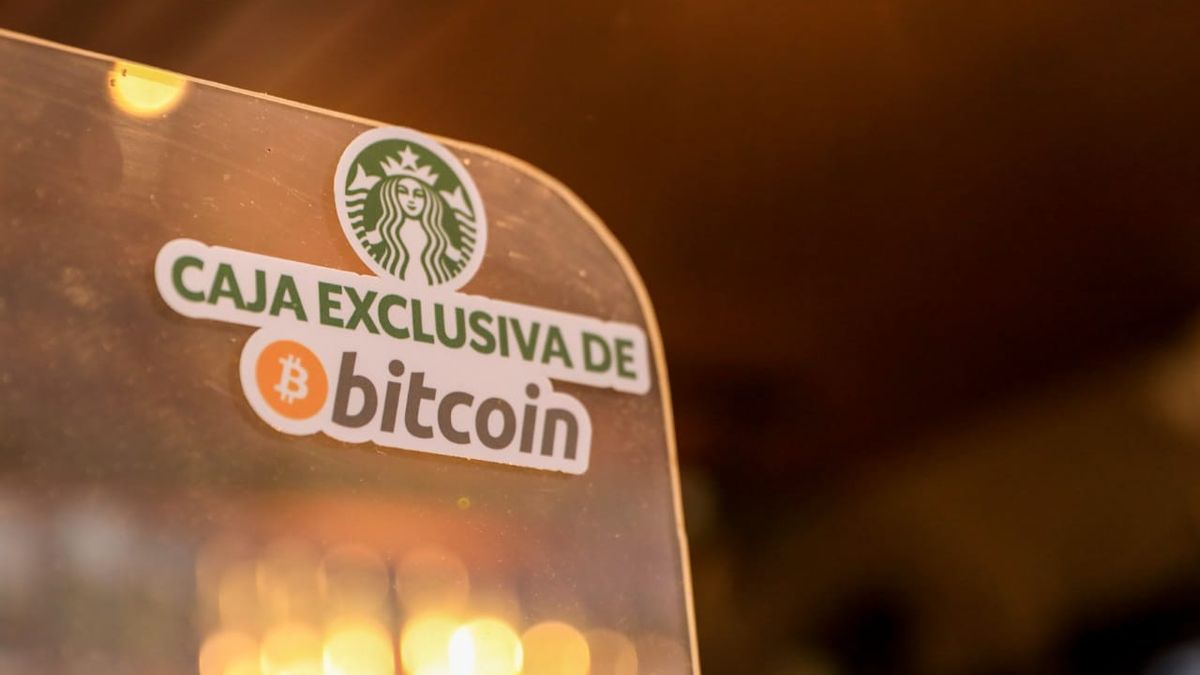JAKARTA – El Salvador's historic adoption of bitcoin as legal tender on Tuesday 7 September was hit by another problem. For example, there have been angry protests by disbelieving citizens, technological disruptions and a very deep drop in the price of cryptocurrencies.
The daring experiment got off to a bumpy start, shortly after midnight, Salvadoran President Nayib Bukele complained the government-backed bitcoin app was not available on various internet platforms including Apple and Huawei.
Bukele used his Twitter account to pressure online stores to store the app, or digital wallet, known as Chivo. Huawei then started to provide it. But when the app proved unable to cope with user registration, the government revoked it to connect to more servers and increase capacity.
However, as the app began to appear on more platforms, Bukele in the afternoon retweeted videos posted on social media with people making payments using bitcoin at retailers in El Salvador including McDonald's Corp and Starbucks Corp.
"El Salvador took a big step forward today," said Carlos Garcia, who went to a booth in a San Salvador shopping center to give advice on how the new currency would work.
Starbucks' El Salvador unit said it accepts bitcoins for purchases at its restaurants, even for drive-through facilities.
Bukele, who pledged 30 bitcoins for each user and has pushed for El Salvador to adopt the crypto, said it would help Salvador save $400 million a year in remittance commissions. In addition, cryptocurrencies can also provide access to financial services to people who do not have bank accounts.
"We have to break the paradigm of the past," Bukele tweeted. "El Salvador has the right to advance towards the first world."
Bukele, is one of the most popular presidents in South America. But he is also accused of eroding democracy. Polls show Salvadorans are skeptical about bitcoin's use, fear its volatility and unsure how it works.
More than 1,000 people held a protest in San Salvador on Tuesday against bitcoin's adoption. They burned tires and set off fireworks in front of the Supreme Court.
As the currency's price faltered, the government bought an additional 150 bitcoins on Tuesday, worth about $7 million.
However, the poor may struggle to gain access to the technology needed to make bitcoin work in El Salvador, where nearly half the population has no internet access and many have only unstable connectivity.
"I will continue to suffer with or without bitcoin," candy seller Jose Herrera told Reuters. He said he had trouble accessing his cell phone.
El café y postrecito de la tarde también lo podes fence con #Bitcoin. #BitcoinDay pic.twitter.com/SYI9xqHDXs
— Secretaría de Comunicaciones (@ComunicacionSV) September 7, 2021
Some say bitcoin adoption could trigger illicit transactions and financial instability. This has clouded the prospect of financing the more than $1 billion that El Salvador wants from the International Monetary Fund (IMF).
Ahead of the launch, El Salvador bought 400 bitcoins worth about 20 million US dollars. This, in turn, has pushed the Bitcoin price above $52,000 for the first time since May. Hours later, bitcoin was lower and was last trading down 0.51% at 46,561.74. This shows its very high volatility and vulnerability.
Ethereum, another cryptocurrency, was also down 0.32% to $3,404.05, while crypto exchange Coinbase Global was down 4.18% after reporting delays in some transactions on its platform.
The change means businesses must accept payments in bitcoin alongside US dollars, which has been El Salvador's official currency since 2001 and will remain legal tender.
It remains unclear whether businesses will be penalized if they do not accept bitcoins.
Ahead of the launch, the government installed ATMs that would allow bitcoins to be converted into dollars and withdrawn without commission from the Chivo digital wallet.
Meanwhile, Bukele blamed app download platforms Apple Inc, Alphabet Inc's Google and Huawei for the initial delay in launching the Chivo digital wallet.
"Let him go! @Apple @Google and @Huawei," Bukele wrote in a tweet accompanied by a red-faced "angry" emoji. After the outrage, the wallet was later available from Huawei and Apple.
Release him! @Apple, @Google, @Huawei #BitcoinDay #BTC🇸🇻 https://t.co/pE3LPtj9Uo
— Nayib Bukele (@nayibbukele) September 7, 2021
A Huawei spokesman said the company's platform showed fewer than a thousand installations as of Tuesday afternoon.
“Like all innovations, the El Salvador bitcoin process has a learning curve,” Bukele said in a tweet. "Not everything will be accomplished in a day, or in a month."
In nearly two years in office, Bukele has mastered almost all levers of power in El Salvador. But even though he has pledged to clean up corruption, the US recently blacklisted some of these close allies on a corruption nation.
Last week, a top judge appointed by Bukele lawmakers ruled that he could serve a second term, breaking away from constitutional rules that prohibit consecutive terms.
Analysts fear the adoption of bitcoin, whose transaction records are distributed across the internet, beyond the reach of national jurisdictions, could encourage money laundering.
After the bitcoin law was passed, ratings agency Moody's downgraded El Salvador's creditworthiness rating. Meanwhile, dollar-denominated bonds also came under pressure.
The World Bank also reiterated last Tuesday that it could not assist El Salvador in adopting bitcoin "given the lack of environmental and transparency," a World Bank spokesperson said.
The English, Chinese, Japanese, Arabic, and French versions are automatically generated by the AI. So there may still be inaccuracies in translating, please always see Indonesian as our main language. (system supported by DigitalSiber.id)













